Is Zero-Based Budgeting what you need to cut costs and unleash growth?
Neal Mirchandani | “Honey, we broke the budget!” A phrase heard all too often in business. This generally comes with a great deal of stress, especially when - and that’s not uncommon - unexpectedly large expenditures coincide with missed sales goals. So why do we do this to ourselves? What if we could scrap our budgets and still reap the lessons of a broken budget? That’s where Zero-Based Budgeting or ZBB comes into play. It’s a philosophy, a mindset that keeps cost-saving in the foreground and busted budgets in the background.
ZBB assumes the budget to be absolutely zero
Created in the 70’s by an accountant at Texas Instruments, ZBB helps reduce wasteful spending. In a nutshell, every expense incurred and every penny earned requires validation and allocation based on a rigorous examination of current needs and current expenditures, rather than historical expenditures. In other words, budgeted numbers are no longer part of the equation. In fact, the term “Zero-Based Budgeting” was coined because this technique assumes the budget to be absolutely zero.
ZBB begins with prioritizing your needs and costs, recognizing the ones that are strategic in nature versus those that are not. This will vary by organization, however, it is important to keep this process constant, especially as your company grows or your products change. Once you’ve identified your high priority needs and costs, you can begin to consider them in relation to your income. Say your organization earns $5,000/day and you’ve estimated expenditures of $3,000/day. ZBB would require every dollar of the $3,000 be justified as a valid expense covering a high priority need and every dollar of the $2,000 profit be bucketed based on company needs (e.g. debt repayment, bonus pay, etc.). In large scale organizations where ZBB is implemented, you may see big expenses like business class flights no longer allowed. Even trivial expenses, like the need for paperclips may not pass. Regardless of the expense that is eliminated, it’s important to keep in mind that ZBB is an ongoing cost-saving system and not a one-time slash in costs.
Smart cost cutting unleashes growth drivers
The most notable advocate for ZBB in today’s business world might be 3G Capital, a large investment firm that has implemented this cookie-cutter method in several flagship companies of its portfolio, including Burger King, Tim Hortons, and Kraft Heinz to name a few. These organizations have used ZBB as a means to declutter and unleash the drivers of growth. Between 2010 and 2013, Burger King increased its profit margins by nearly 15% through its application of ZBB. This allowed the company to funnel its newfound funds into marketing, which helped them raise their individual store sales from $1.1 million to $1.3 million between 2011 and 2016.
Another prime example is Walmart, which is using ZBB to resist growing competition from Amazon, saving nearly $7 million on using smaller strips of paper for receipts alone. Although such expense may be trivial for a large organization, it highlights well the principle of validating every corporate expense, no matter how small.
The cautionary tale of Kraft Heinz
The story of Kraft Heinz’s implementation of ZBB reads in some ways as a success story and in others as a cautionary tale. From the moment 3G acquired Heinz in 2013 and launched the implementation of ZBB, through the acquisition of Kraft in 2015, the company improved its profit margin by about 12 percentage points, to reach nearly 30% in 2017. In just the first two years of that period, it had achieved $2 billion dollars of savings.
Kraft Heinz’s implementation of ZBB helped boost its operating margin by 12 percentage points between 2013 and 2017, largely outperforming its main competitors on this indicator
The problems started when Kraft-Heinz’s management realized that the company’s focus on cost-cutting had diverted efforts from innovation and growing the brand, and that sales were suffering. On February 21, 2019, Kraft Heinz announced that it had written down the value of its brand by nearly $15 billion, resulting in a 30% drop in its stock price. As the disclosure unfolded, it became clear that Kraft Heinz had failed to keep up with the trends of the food industry. 3G Capital and Warren Buffet - another notable investor in the company - spoke out about Kraft’s lack of focus on innovation and sales. The value of the brand was tarnished overnight.
When implemented consciously and with discipline, ZBB has proven effective in cutting costs in both small and large organizations. But it takes time to assess your needs, evaluate your costs, and ensure that you are eliminating expenses not just for a prettier bottom line, but also for a sustainable top line. Businesses must never forget that the ZBB method is only just that - a method, a means… not a goal.


